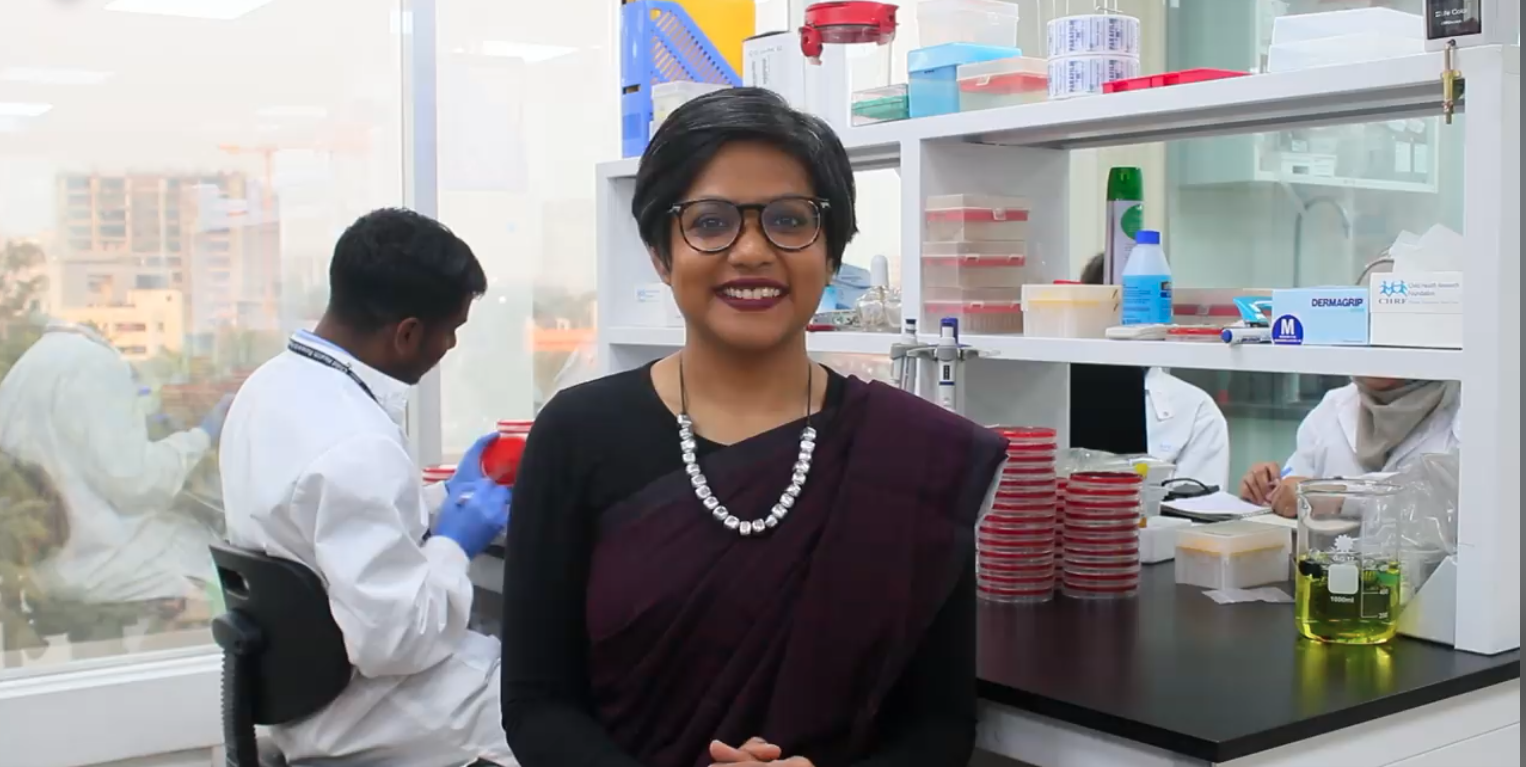
Dr. Senjuti Saha of the Child Health Research Foundation has been appointed to serve on the Polio Transition Independent Monitoring Board (TIMB), created by the Global Polio Eradication Initiative to monitor and guide the process of polio transition planning. This is the first time a Bangladeshi has been appointed to this position.
Dr. Saha, along with other members of the board, will advise the World Health Organization (WHO) at Director-General level on progress on the polio transition process. This process is primarily concerned with how countries around the world will sustain the public health infrastructure- particularly essential immunization, wider communicable disease surveillance, emergency response-once polio money which has been used for years or decades to pay for non-polio activity is withdrawn. The WHO is implementing a plan for polio transition approved by the World Health Assembly in May 2018.
This board is chaired by Sir Liam Donaldson, former Chief Medical Officer for England, Professor of Public Health, London School of Hygiene and Tropical Medicine, United Kingdom.
A total of three board members have been appointed this year. The two other board members, in addition to Dr. Senjuti Saha, are Prof. Sheila Leatherman of the USA and Dr. Lola Dare of Nigeria. Sheila Leatherman is a Global Health Policy at the Gillings School of Public Health of the University of North Carolina. Lola Dare is a community physician, epidemiologist, global health practitioner, development consultant, social entrepreneur, and health advocate of over 30 years.
Senjuti Saha is a microbiologist working at the intersection of Clinical Microbiology and Global Health as a Scientist at the Child Health Research Foundation in Bangladesh. Her work is grounded in advancing the cause of health and research equity, based on her vision that everyone across the world should have equal access to the practice and benefits of science. The focus of her work is on pediatric preventable infectious diseases, with the goals of (1) using state-of-the-art technology like on-site metagenomics to identify aetiologies that elude standard laboratory testing in low- and middle-income countries and (2) understanding the indirect impacts of interventions like vaccines on the overall health system. She advocates for equal access to scholarly literature and science education. The team’s mission at the Child Health Research Foundation in Bangladesh is to break free of the vicious cycle of limited resources that lead to a lack of data required for evidence-based policy decisions. This in turn leads back to limited resources; instead, the commitment is to build virtuous cycles of data-generation, that are sustainable and cost-effective.
